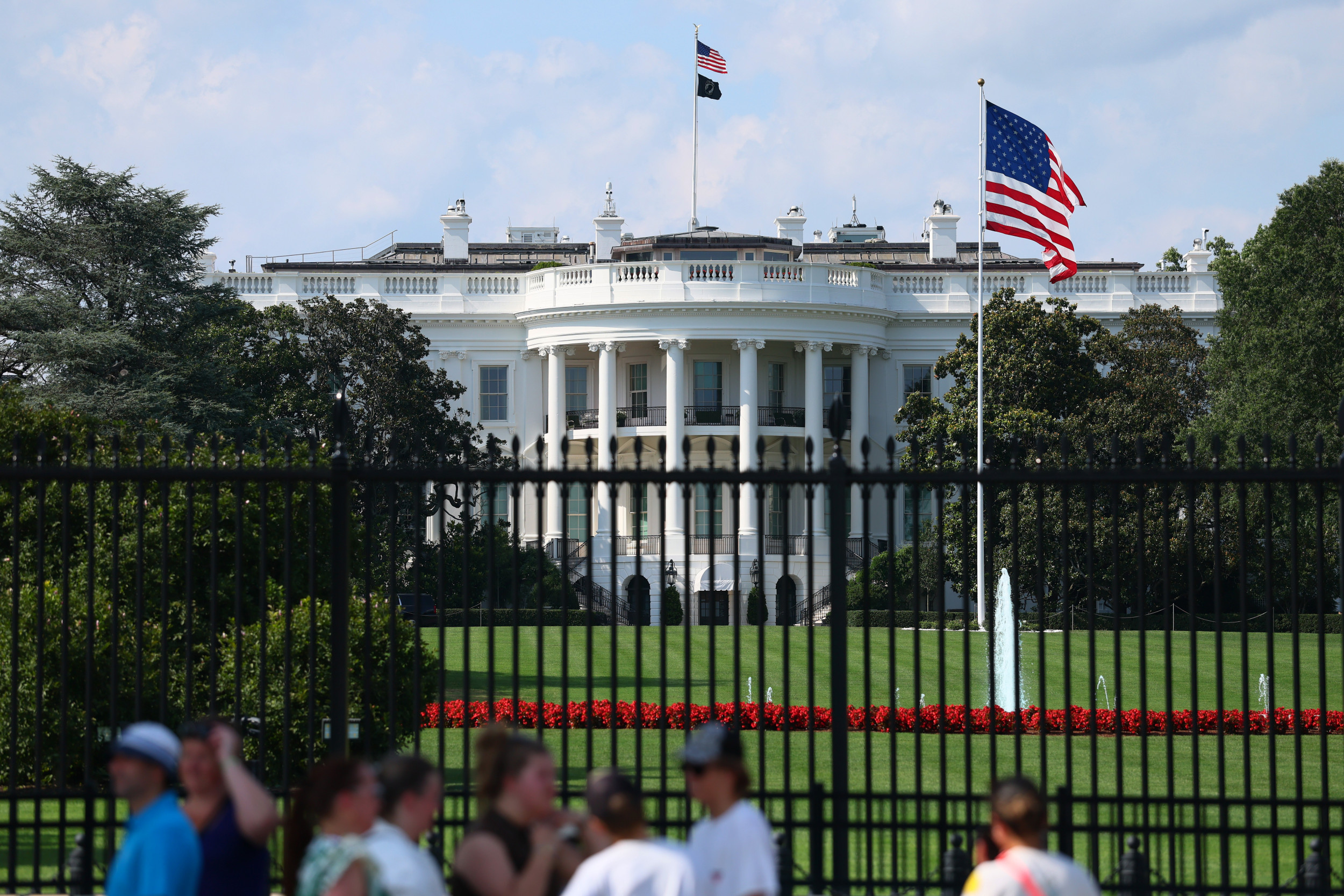
The Trump administration is considering changes to the way some H-1B visas are issued.
In a filing to the Office of Information and Regulatory Affairs on Thursday, the Department of Homeland Security said it was looking at introducing a “weighted selection process” for applicants under the capped part of the system.
Newsweek reached out to DHS for comment via email.
Why It Matters
The H-1B visa has come under increasing scrutiny in recent months, as President Donald Trump‘s supporters, eager for tighter immigration restrictions, have clashed with Tesla and SpaceX billionaire Elon Musk, as well as the president himself, who have backed the program.
H-1Bs are heavily utilized by the tech industry to bring in high-skilled foreign workers, but opponents argue that American workers then miss out on these roles.
What To Know
The DHS filing provides little information on what a weighted selection process would entail, but it does indicate that the change would apply to the statutory number of visas, which is capped at 85,000 per year. U.S. Citizenship and Immigration Services (USCIS) is also listed as the agency responsible for deciding visa applications.
Michael M. Santiago/Getty Images
Currently, the H-1B visa is allocated through a lottery system, which is not intended to favor one company or applicant over another. However, larger companies can apply for more visas, resulting in a disproportionate number of H-1Bs being awarded to companies like Amazon, Meta, and Microsoft.
In January, the Institute for Progress, a nonpartisan think tank examining innovation policy, floated the idea of eliminating the H-1B lottery. It argued that the economic value of the visa program could be increased by 88 percent if applicants were evaluated based on seniority or salary.
In doing this, IFP said, USCIS could ensure that H-1Bs went to the most-qualified temporary immigrants.
What People Are Saying
Connor O’Brien, a researcher at the Economic Innovation Group, told Newsweek: “The details of the rule and how it is implemented will matter a lot. But eliminating the H-1B lottery in favor of a system that prioritizes higher earners first is a no-brainer.
“The H-1B is the primary way through which we bring in skilled immigrants and we only have 85,000 visas to give away each year. Giving away these visas randomly is an enormous, missed opportunity to attract truly scarce talent that would benefit American businesses and communities.”
What Happens Next
No deadline was posted on the DHS filing; however, the rule is unlikely to affect next year’s H-1B holders, as the program has already reached its capacity.
